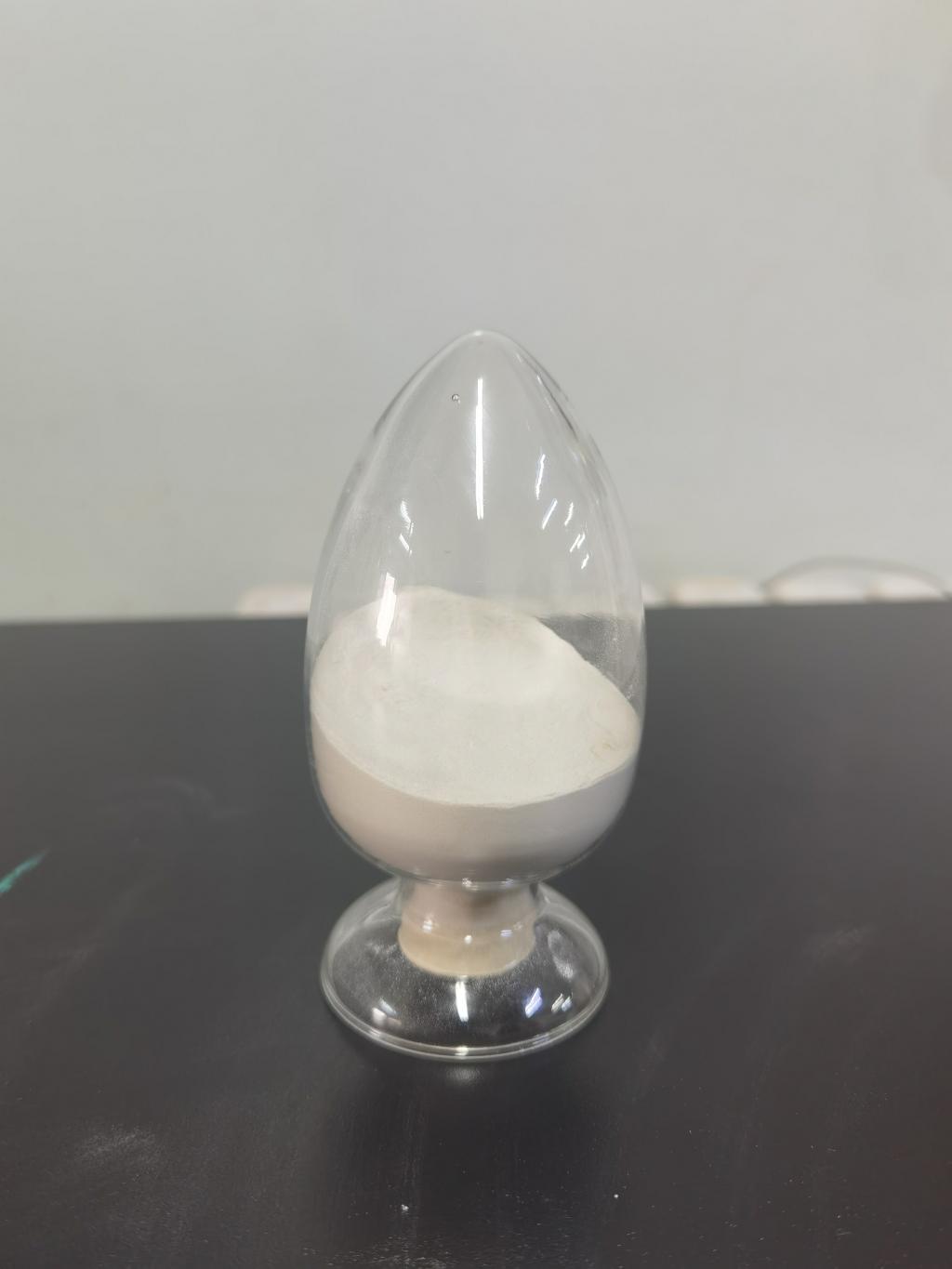Tel:+8618231198596

News
 CONTACT
CONTACT
 CONTACT
CONTACT
- Linkman:Linda Yao
- Tel: +8618231198596
- Email:linda.yao@dcpharma.cn
- Linkman:CHARLES.WANG
- Department:Overseas
- Tel: 0086 0311-85537378 0086 0311-85539701
News
Harnessing Nisin's Antimicrobial Power for Food Security
TIME:2024-01-04
The Global Challenge of Food Security:
Food security, defined as the reliable access to sufficient, safe, and nutritious food, is a global challenge that transcends geographical boundaries. As the world population continues to rise, estimated to reach 9.7 billion by 2050, the pressure on global food systems intensifies. Climate change, resource depletion, and environmental degradation further compound the difficulties in ensuring a stable and secure food supply. In this context, innovative and sustainable solutions are imperative to safeguarding the well-being of current and future generations.
Nisin's Antimicrobial Power:
Nisin's antimicrobial power is rooted in its unique mechanisms of action. Unlike traditional preservatives, Nisin operates at the molecular level, targeting the cell membrane of bacteria. Its primary mode of action involves binding to lipid II, an essential precursor in bacterial cell wall synthesis. This interaction leads to the formation of pores in the bacterial cell membrane, disrupting its integrity and ultimately causing cell death. The specificity of Nisin for bacterial cells, coupled with its natural origin, makes it an attractive and effective antimicrobial agent.
Applications in Food Preservation:
One of the primary ways Nisin contributes to food security is through its applications in food preservation. By inhibiting the growth of spoilage and pathogenic bacteria, Nisin extends the shelf life of various food products. This not only reduces food waste but also ensures that food remains safe and suitable for consumption over an extended period. The versatility of Nisin in different food matrices, including dairy, meats, and beverages, positions it as a valuable tool for enhancing the stability and safety of a diverse range of food items.
Nisin in Agricultural Practices:
The journey towards food security begins with the cultivation of crops and the protection of agricultural produce. Nisin's antimicrobial properties can be harnessed in agricultural practices to combat bacterial contamination in soil and on crops. Research is underway to explore the potential of using Nisin-based formulations as natural and sustainable alternatives to traditional pesticides. This eco-friendly approach not only contributes to food security but also aligns with the principles of sustainable agriculture.
Mitigating Post-Harvest Losses:
Post-harvest losses, caused by microbial spoilage and contamination during storage and transportation, significantly impact food security. Nisin can play a pivotal role in mitigating these losses by inhibiting the growth of bacteria responsible for spoilage. Its application in post-harvest treatments, such as coatings or sprays, offers a natural and effective means of preserving the freshness and quality of fruits, vegetables, and other perishable commodities, thereby contributing to increased food security.
Addressing Food Safety Concerns:
In addition to extending shelf life, Nisin addresses food safety concerns by targeting and controlling the growth of pathogenic bacteria. Contaminated food can lead to foodborne illnesses, posing a direct threat to public health. Nisin's ability to combat bacteria such as Listeria monocytogenes and other pathogens enhances the safety of food products, ensuring that consumers can confidently rely on the integrity of the global food supply.
Nisin in Developing Countries:
The impact of Nisin on food security is particularly significant in developing countries, where challenges related to inadequate storage facilities, transportation infrastructure, and limited access to conventional preservatives persist. Nisin's natural origin and efficacy in combating a broad spectrum of bacteria make it a promising solution for preserving food in resource-constrained environments. Its potential to enhance the shelf life of staple foods, such as grains and legumes, contributes to a more resilient and secure food supply in regions facing food security challenges.
Sustainable Approaches to Food Preservation:
As sustainability becomes a focal point in global discussions, Nisin stands out as a natural and eco-friendly solution to food preservation. Traditional preservatives often raise concerns related to environmental impact and long-term sustainability. Nisin, being a naturally occurring peptide, aligns with the principles of sustainability. Its compatibility with organic and eco-friendly farming practices positions it as a key player in fostering sustainable approaches to food security.
Challenges and Considerations:
While the potential of Nisin in enhancing food security is promising, certain challenges and considerations must be addressed. These include issues related to the stability of Nisin under various processing conditions, regulatory approvals, and the need for further research to optimize its use across different food matrices and agricultural applications. Collaboration between researchers, industry stakeholders, and regulatory bodies is essential to overcome these challenges and unlock the full potential of Nisin in the pursuit of global food security.
Future Directions and Collaborative Efforts:
Looking ahead, the future of harnessing Nisin's antimicrobial power for food security involves collaborative efforts and continued research. Scientists, food technologists, and agricultural experts are joining forces to explore innovative applications, optimize production processes, and address the challenges associated with integrating Nisin into diverse food systems. Collaborative initiatives between developed and developing countries can facilitate knowledge exchange and technology transfer, ensuring that the benefits of Nisin are accessible on a global scale.
Conclusion:
In conclusion, Nisin emerges as a potent force in the quest for global food security. Its antimicrobial power, natural origin, and versatility make it a valuable tool for preserving the quality and safety of food products across the entire food supply chain. From farm to table, Nisin's applications in food preservation, agricultural practices, and mitigating post-harvest losses contribute to a more resilient and sustainable food system. As the world grapples with the complexities of feeding a growing population, Nisin stands as a beacon of hope, offering a natural and effective solution to enhance food security and create a more sustainable future for generations to come.
- Tel:+8618231198596
- Whatsapp:18231198596
- Chat With Skype







